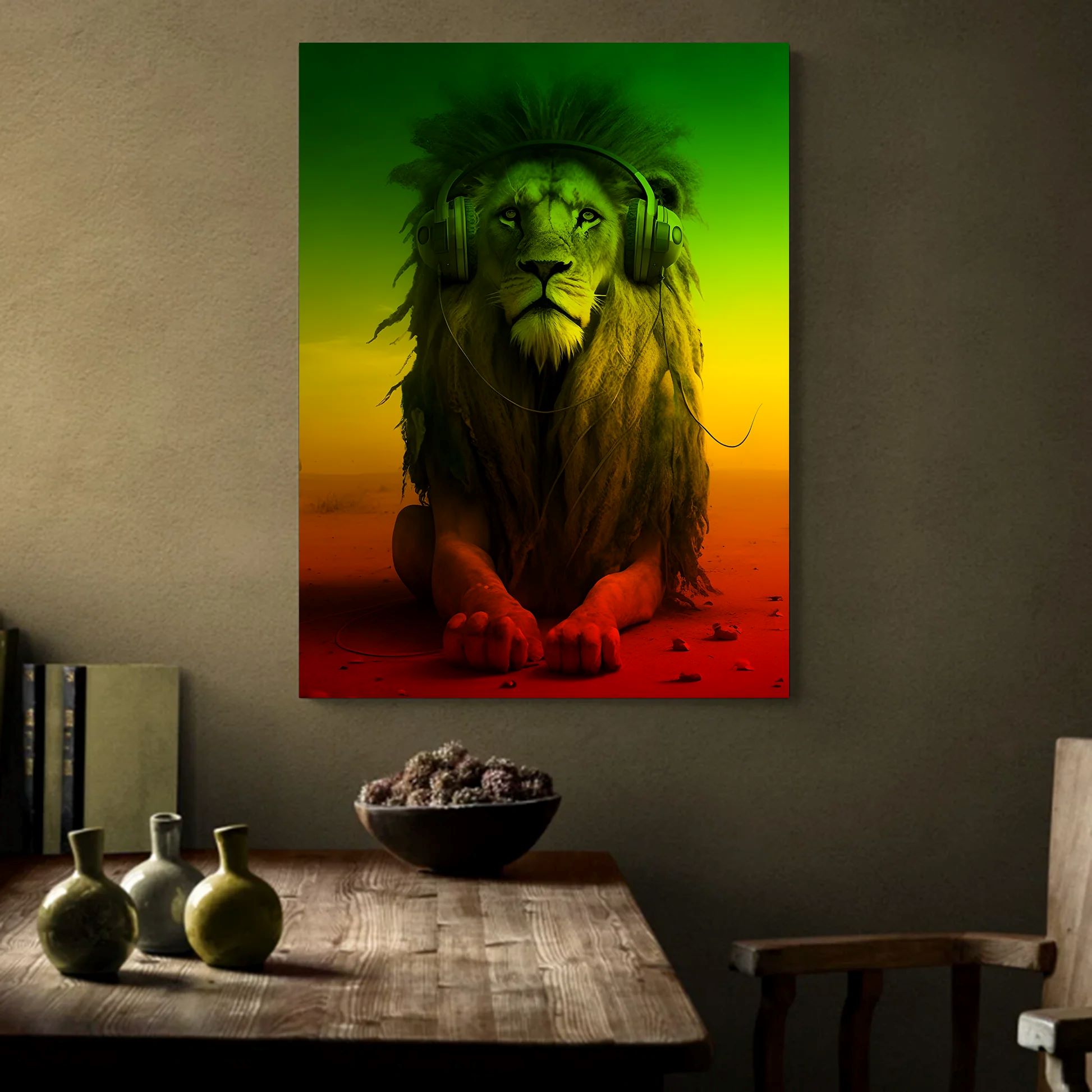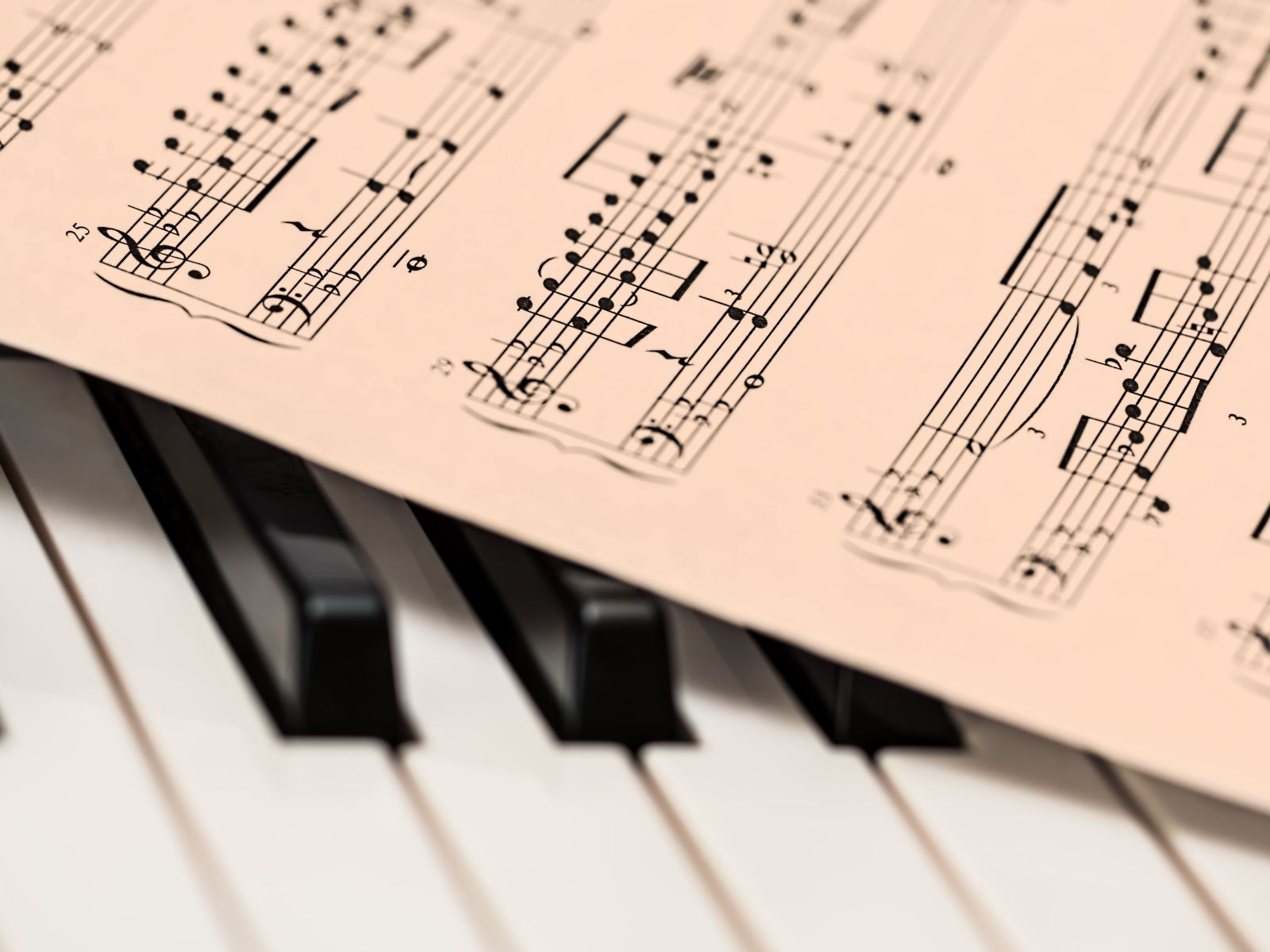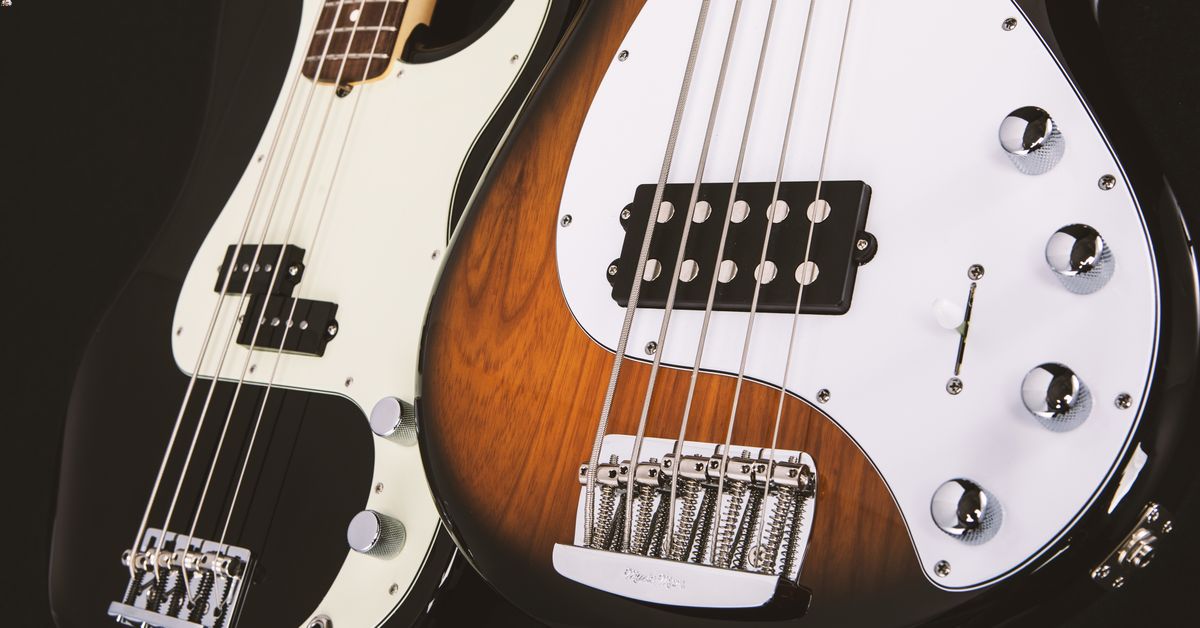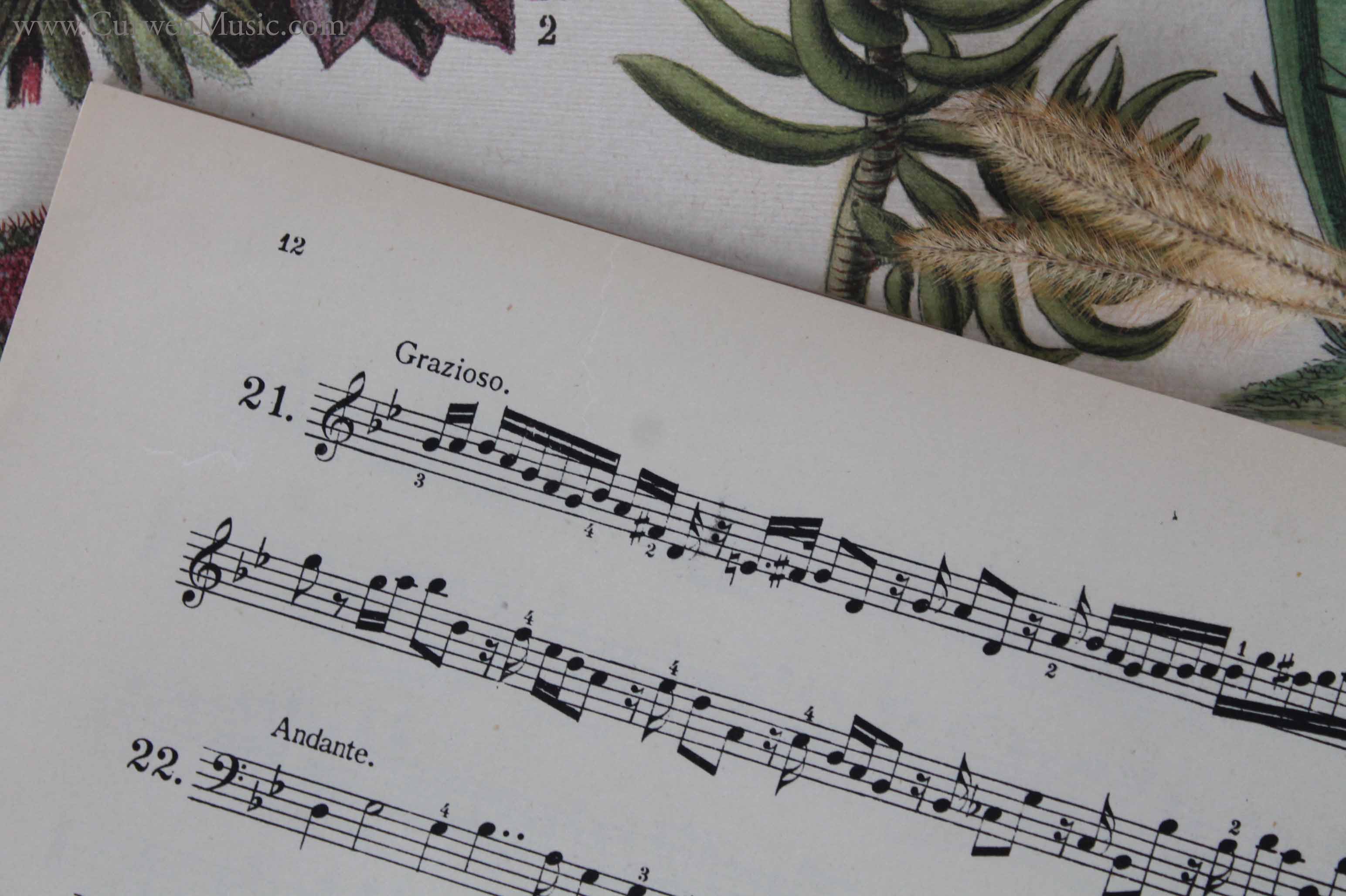Home>Genres>Reggae>What Does The Lion Have To Do With Reggae?


Reggae
What Does The Lion Have To Do With Reggae?
Modified: January 22, 2024
Discover the surprising connection between the lion and reggae music. Explore how this iconic symbol is deeply rooted in the history and culture of the vibrant reggae genre.
(Many of the links in this article redirect to a specific reviewed product. Your purchase of these products through affiliate links helps to generate commission for AudioLover.com, at no extra cost. Learn more)
Table of Contents
Introduction
Reggae music is more than just a genre; it is a powerful cultural movement that originated in Jamaica in the late 1960s. Known for its laid-back rhythm, soulful vocals, and socially conscious lyrics, Reggae has gained international recognition and has become synonymous with the spirit of Jamaica.
One of the distinctive aspects of Reggae is its deep connection to the Rastafarian movement. The Rastafarian faith, which emerged in Jamaica in the early 20th century, played a significant role in shaping Reggae music and its message of peace, love, and social justice. Central to the Rastafarian belief system is the symbolism of the lion, which holds great significance in both religious and cultural contexts.
In this article, we will explore the profound connection between the lion and Reggae music, delving into the roots of Reggae, the influence of Rastafarianism, and the symbolism of the lion in this vibrant musical genre.
The Beginning of Reggae
Reggae music emerged in the late 1960s as an evolution of earlier Jamaican music styles such as ska and rocksteady. It was born out of the vibrant music scene in Kingston, Jamaica, during a time of political and social upheaval. The sound of Reggae was characterized by its syncopated rhythms, heavy basslines, and the use of guitar and organ to create a melodic groove.
While Reggae music was heavily influenced by American rhythm and blues and soul music, Jamaican musicians infused it with their own unique flavor. They incorporated elements of African drumming, mento (a traditional Jamaican folk music), and the pulsating heartbeat of their nation’s people to create a distinct sound that resonated with audiences worldwide.
Reggae gained global recognition in the 1970s with the international success of artists like Bob Marley and The Wailers, Jimmy Cliff, and Peter Tosh. Their music not only captivated listeners with its infectious rhythms but also delivered powerful social and political messages, making Reggae a powerful tool for activism and cultural expression.
The rise of Reggae music coincided with a profound cultural and religious movement in Jamaica known as Rastafarianism.
The Rastafarian Influence
Rastafarianism, a spiritual and social movement that emerged in Jamaica in the 1930s, had a profound impact on the development and ethos of Reggae music. Rastafarians, also known as Rastas, see themselves as the true descendants of the ancient Israelites and believe in the divinity of Ethiopian Emperor Haile Selassie I, whom they refer to as “Jah” or “Jah Rastafari.”
At the heart of Rastafarianism is a rejection of Babylon, which represents the oppressive systems and institutions that the Rastas believe have enslaved and marginalized people of African descent. Instead, Rastafarians embrace principles of equality, justice, and spiritual liberation.
The Rasta influence is evident in the lyrics and themes of Reggae music, which often address social inequality, political corruption, and spirituality. Reggae artists use their music as a platform to spread the Rastafarian message of unity, love, and resistance against oppression.
One key symbol that represents these beliefs is the lion, which holds deep significance within Rastafarian culture.
The Symbolism of the Lion in Rastafarianism
The lion is a powerful and revered symbol within Rastafarianism, representing the ideals and values of the movement. In Rastafarian theology, the lion is associated with Emperor Haile Selassie I, who is considered by Rastafarians to be the incarnation of Jah, the Almighty God.
The lion is seen as a symbol of strength, courage, and righteousness. It embodies the majesty and sovereignty of Selassie, who Rastafarians consider to be the rightful ruler and leader of African people. The lion is also associated with Haile Selassie’s title, the “Lion of Judah,” which references the biblical lineage of the Ethiopian royal family.
For Rastafarians, the lion is a powerful reminder of their African heritage and serves as a symbol of African pride and dignity. It represents the strength and resilience of the African people, who have endured centuries of colonization, slavery, and oppression. The lion is seen as a figure of resistance against the forces of Babylon and is often depicted in artwork, jewelry, and regalia worn by Rastafarians.
Moreover, the lion represents the spirit of the Rastafarian movement itself. Just as a lion is the king of the jungle, Rastafarians strive to be spiritual warriors, standing up for justice, equality, and the liberation of African people. The lion encourages Rastafarians to have faith, to be bold and courageous in challenging societal norms, and to embody the strength of their ancestors.
In Reggae music, the lion has become an iconic symbol, often referenced in lyrics, album art, and stage performances. It serves as a visual and lyrical representation of the Rastafarian philosophy and the core values of the movement.
The Lion as a Reggae Icon
The lion has become an iconic symbol of Reggae music, representing the spirit and message of the genre. In addition to its significance within the Rastafarian movement, the lion has taken on a broader cultural and artistic significance in the world of Reggae.
The lion symbolizes strength, fearlessness, and resilience, which are qualities reflected in the music and lyrics of Reggae artists. Many Reggae musicians draw inspiration from the symbolism of the lion to convey messages of empowerment, liberation, and social change.
When you think of Reggae, the image of a lion often comes to mind. Whether it’s the iconic artwork of Bob Marley with a majestic lion’s mane or the roaring lion found on reggae album covers, the lion has become a visual representation of the genre’s power and identity.
Moreover, the lion is often used as a metaphor in Reggae lyrics. Artists use lion references to evoke a sense of strength and righteousness. They encourage listeners to rise above adversity, to have the courage to challenge oppressive systems, and to embrace their African roots.
Reggae concerts and festivals also incorporate the lion symbol in various ways. From stage designs featuring lion imagery to artists donning lion-themed costumes and accessories, the lion’s presence is felt throughout the Reggae music scene.
The lion has transcended its religious and cultural origins to become a universal symbol of Reggae’s spirit and values. It represents the quest for social justice, the celebration of African heritage, and the call for unity and love.
With its magnetic presence and powerful symbolism, the lion continues to inspire and captivate both Reggae artists and fans alike, embodying the essence of this influential musical genre.
Popular Reggae Songs with Lion References
In the world of Reggae music, numerous songs pay homage to the symbolism of the lion. These songs not only showcase the influence of Rastafarianism but also highlight the lion’s significance in the Reggae culture. Here are a few well-known Reggae songs that prominently feature lion references:
- “Zion Lion” by Bob Marley: This song, featured on Bob Marley’s album “Survival,” celebrates the lion as a symbol of strength and spirituality. It emphasizes the importance of unity and finding one’s inner power through faith.
- “Lions” by Damian Marley: Damian Marley, Bob Marley’s youngest son, pays tribute to his father’s legacy in this powerful song. The lyrics reflect on the struggles faced by the African diaspora and the call for collective strength and resilience, metaphorically represented by lions.
- “I Am That I Am” by Peter Tosh: In this anthem, Peter Tosh, a founding member of The Wailers, proclaims his divinity and connection to the almighty through lion symbolism. The song asserts his identity and spiritual journey, aligning it with the teachings of Rastafari.
- “Lioness on the Rise” by Queen Ifrica: Queen Ifrica, a renowned Jamaican Reggae artist, celebrates the power and strength of women in this uplifting song. The lioness symbolizes the resilience and courage of women in overcoming adversity and rising above challenges.
- “Lion and the Lamb” by Jah Cure: Jah Cure’s soulful song speaks of unity and the necessity for people to come together, emphasizing the lion and the lamb as symbols of peace and harmony. It calls for love and understanding amid a world plagued by division.
These songs demonstrate the lion’s profound influence in Reggae music, serving as a reminder of the movement’s roots in Rastafarianism and its commitment to social justice, spirituality, and empowerment.
As Reggae continues to evolve and shape the global music landscape, the lion remains a constant symbol of strength, liberation, and the timeless message embedded within the music.
Conclusion
Reggae music and the symbolism of the lion are deeply intertwined, representing the heart and soul of this influential musical genre. Rooted in the Rastafarian movement, Reggae uses the lion as a powerful symbol of strength, spirituality, and resistance against oppression.
The lion’s significance in Rastafarianism mirrors its importance in Reggae culture. It represents the fight against societal injustice, the celebration of African heritage, and the pursuit of unity, equality, and love. Through the lion, Reggae artists and enthusiasts express their connection to their African roots and their dedication to spreading messages of peace, liberation, and social change.
From the pioneering works of Bob Marley and The Wailers to the current wave of Reggae artists, lion references are seamlessly woven into the fabric of the music. Reggae songs that feature lion imagery and metaphors serve as anthems of empowerment and reminders of the collective strength of the African diaspora.
As we explore the world of Reggae, we begin to understand the deep-rooted symbolism of the lion and its impact on the genre’s message and identity. The lion stands tall as a regal and powerful figure, embodying the essence of Reggae music and its ability to resonate with people worldwide.
So, the next time you listen to a Reggae song, pay attention to the lion references within the lyrics and embrace the spirit it represents. Allow the roar of the lion to ignite your passion for justice, to uplift your spirits, and to unite you with the powerful legacy of Reggae music.











